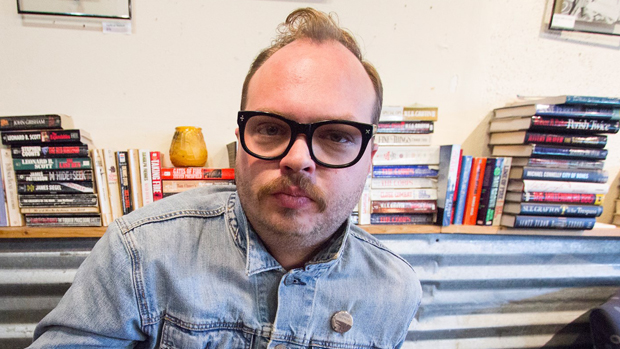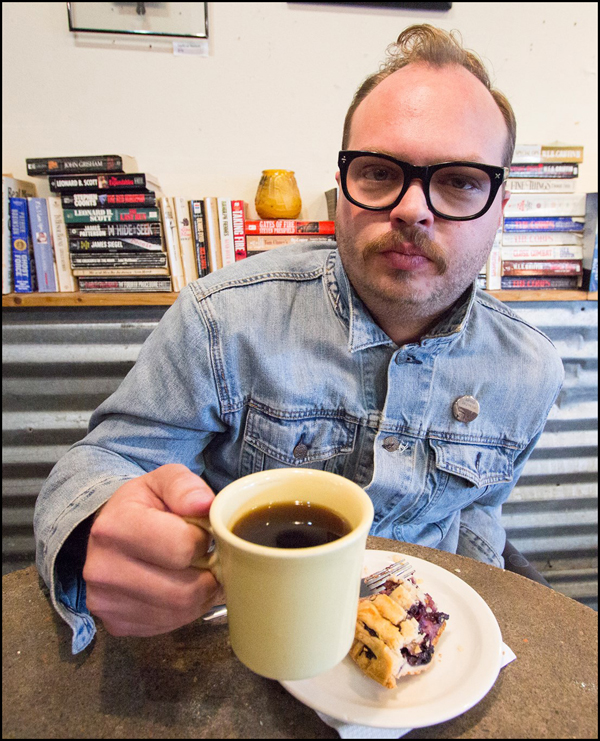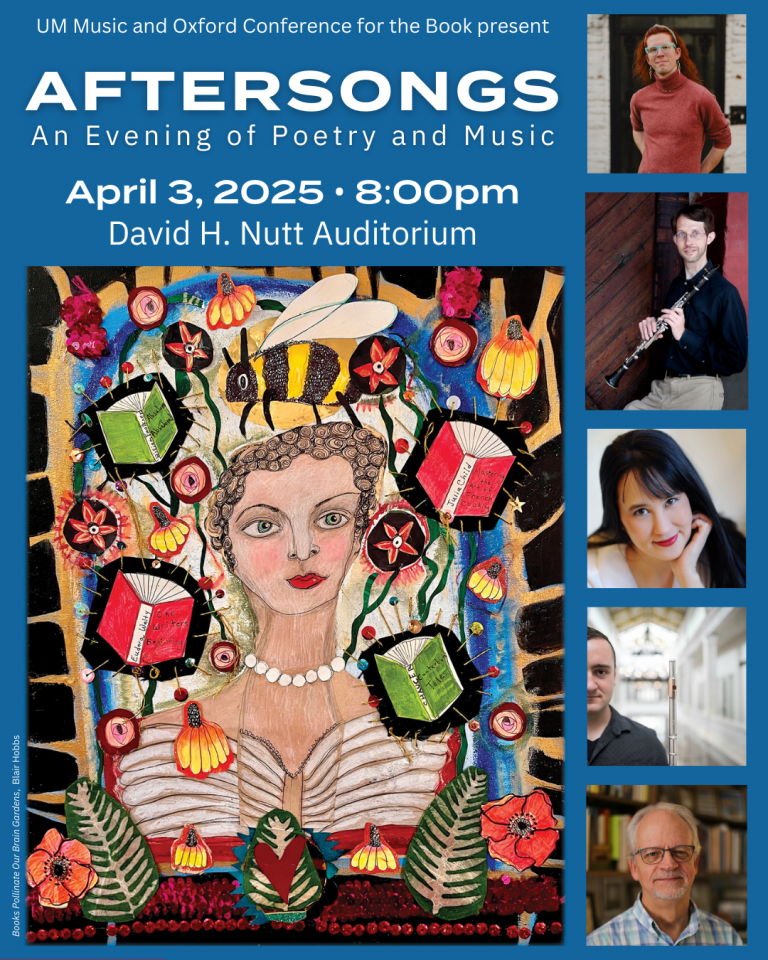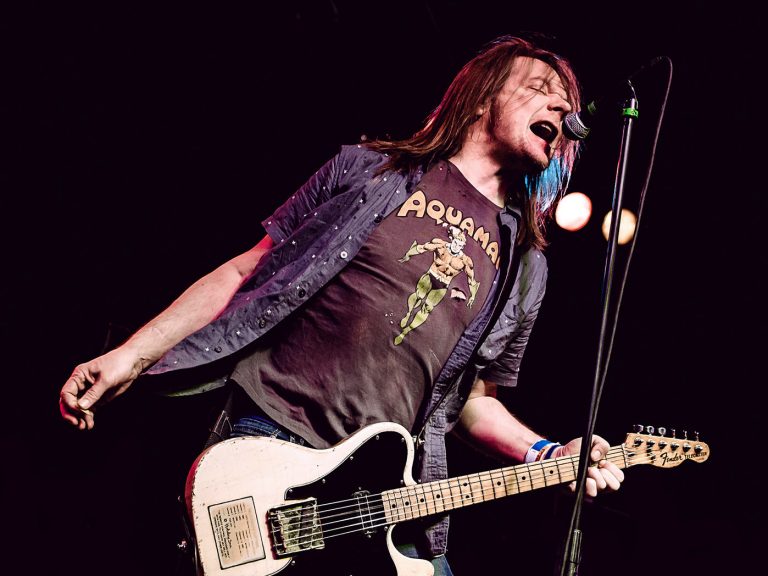
 Oxford native Andrew Bryant has been making music for a long time. You may know him as half of the band Water Liars, which he formed back in 2011 with good friend, Justin Kinkel-Schuster. After all, the band released three critically acclaimed albums, and received amazing reviews from the likes of Spin Magazine, MTV, and The New York Times. But this time around 34-year-old Bryant is poised and positioned to tell a more personal story with the release of his sixth solo album, This Is the Life. Armed with tales of life experiences, lessons learned, and some help from a friend, Matt Patton of Drive-By Truckers, Bryant has crafted a strikingly beautiful and honest collection of songs about life as he knows it. I had the privilege of catching up with him to discuss everything from church and self-reflection, to how the new album came to be.
Oxford native Andrew Bryant has been making music for a long time. You may know him as half of the band Water Liars, which he formed back in 2011 with good friend, Justin Kinkel-Schuster. After all, the band released three critically acclaimed albums, and received amazing reviews from the likes of Spin Magazine, MTV, and The New York Times. But this time around 34-year-old Bryant is poised and positioned to tell a more personal story with the release of his sixth solo album, This Is the Life. Armed with tales of life experiences, lessons learned, and some help from a friend, Matt Patton of Drive-By Truckers, Bryant has crafted a strikingly beautiful and honest collection of songs about life as he knows it. I had the privilege of catching up with him to discuss everything from church and self-reflection, to how the new album came to be.
This Is the Life will be available on January 27, and he’ll play an in-store show at The End Of All Music that day. The official release show will be Thursday, January 29 at Proud Larry’s where he says he’ll play the new album in its entirety and a few extra tunes with a full band.
Things have been going really well for Water Liars. Why did you decide to record a solo album this time around?
Well, I wasn’t planning on making an album. We had some down time between Water Liars touring last year and I hadn’t written songs in a while because I’d been focused on the band for the past few years. I just had something to say, so I sat down and wrote some songs. And over the course of a few weeks it turned into an album and a theme developed. I had all these pieces that I put together and it became an album. I’m keeping it smalltime, though, because I don’t want it to conflict with Water Liars. But I’m really proud of it and just want to share it with people now.
Well you’re getting closer and closer to sharing it with an audience now. How are you feeling?
I’m really excited. It’s getting closer and I’m actually kind of anxious about it, too. I’m ready for everything to get rolling.
 You mentioned that a theme developed during the songwriting process. What do you feel that theme is?
You mentioned that a theme developed during the songwriting process. What do you feel that theme is?
The overall theme is kind of figuring out what works and what doesn’t. For me, I’m trying to make a living playing music and I’ve been doing this for a long time. But I’m constantly figuring out what works and what doesn’t and reevaluating what I’ve done in the past versus what I’m doing now. That’s how you grow and make things better. It’s really a reflection of what I’m doing with myself, and my time and work.
On one of the tracks, “My Own Saving Grace,” I sensed a spiritual struggle of some sort in the lyrics. Is that interpretation pretty close to what the song means to you?
That’s definitely in there. There’s a lot of personal growth reflected on the album. I quit going to church when I went to college. And I, like a lot of people struggled with the faith of my parents and the way I was brought up. I learned to rely more on my own gut feelings and go with that.
This Is the Life is a pretty strong album title that can mean so many different things. What does it mean within the context of this record?
The album title is actually kind of tricky. I wanted to call it Do Your Work originally because a lot of the album is about doing what you love to do and what it takes to do that, including the positives and negatives that come along with that. But I just thought that particular phrase was a great representation of where I was.
As you said earlier, you’ve been making music for a long time. How would you say you’ve grown as an artist over the span of your career?
I’ve learned to treat it like work. If you’re not making money, you’re doing it strictly for the love of it. I used to have to quit my jobs to go on tour and people thought I was crazy. But that’s what I wanted to do. For years I had a mindset that music was my hobby or what I did outside of work. But what I’ve learned the most is to treat it like work. When you do that, you get up every morning thinking about what you’re going to do next. That will make it work better. It pays off and is more rewarding when you start to think of yourself as an artist versus someone who just plays music for fun. And I struggled with that for a while. I’m still trying to figure it out.
Speaking of work, you self-recorded and produced the entire album in your home in addition to playing every instrument aside from bass. That’s impressive! Why was it important for you to make the record this way?
I started out recording my own music at my house years ago. Sometimes it was because I didn’t have the money to go to the studio, so I did the best with what I had. But I’ve always been fascinated with the whole process. I’ve always liked one man in a room creating music, like a person sitting at a typewriter or computer writing a novel, or an artist with a canvas. Over the years it’s become really comfortable for me to work that way. And so now I have my own home studio upstairs, where I can go and demo the songs and create all the arrangements. That’s what I did for this album too. I would sit on my porch and write a song and go straight upstairs and record myself singing the song with guitar, then lay a drum track over that and just kind of work it out over the next couple of days. And Matt Patton of Drive-By Truckers played bass. It was really stress-free. I can have a cup of coffee, go write a song, and record. It’s taken years to learn how to make it sound a certain way, so I really enjoyed that. ![]()
–
This article was originally printed in The Local Voice #220 (published January 8, 2015).
To download a PDF of this issue, click here.



